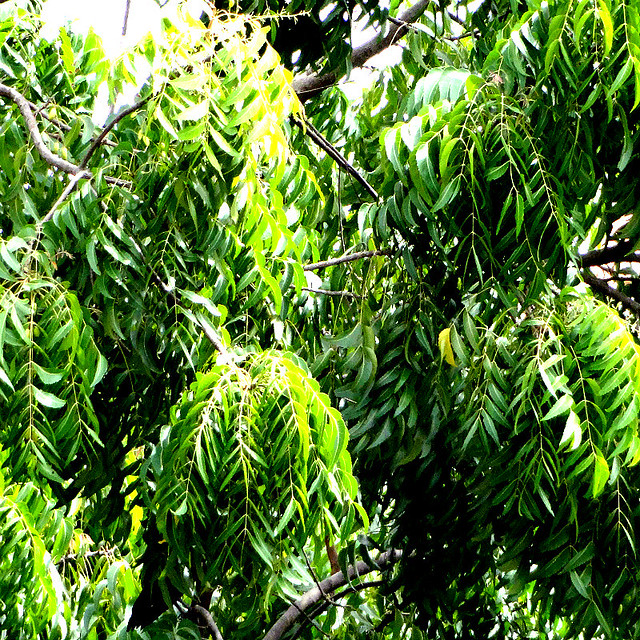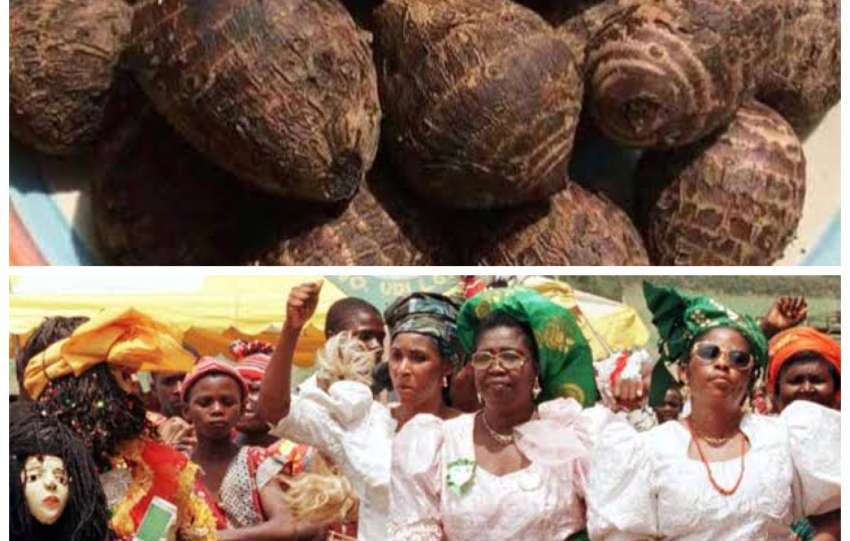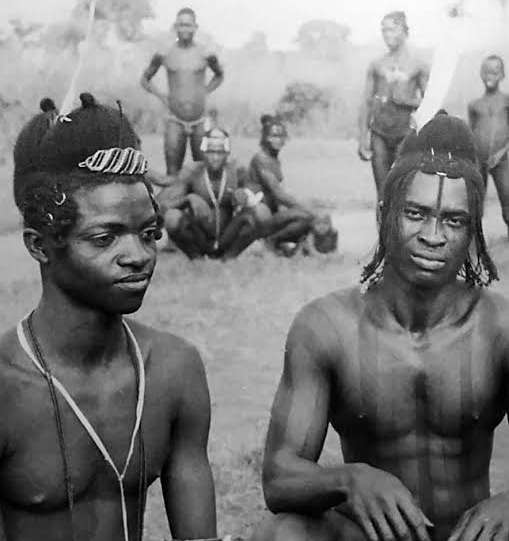Ubulu Kingdom is known for its strong traditions in herbal medicine and natural healing. These practices, rooted in the community’s history and culture, have been passed down through generations. Herbal medicine in the kingdom is not just about physical healing but also about maintaining mental and spiritual well-being.
History of Herbal Medicine in Ubulu Kingdom
Herbal medicine in the Ubulu Kingdom has ancient origins. Early inhabitants observed animals using plants to heal themselves and experimented with these plants to treat human illnesses. Over time, this knowledge was refined and became a core part of Ubulu’s culture. It was passed down orally through families and community elders, ensuring its survival.
This practice is deeply tied to the spiritual beliefs of the people. Many believe that illnesses can have both physical and spiritual causes, and herbal medicine is used to address both aspects.
Importance of Herbal Medicine
Herbal medicine in the Ubulu Kingdom serves many purposes, from treating illnesses to spiritual cleansing and protection. It is a holistic practice that addresses the body, mind, and spirit.
Key Uses of Herbal Medicine
1. Treatment of Common Illnesses
Herbal remedies are used for conditions such as malaria, typhoid, and digestive problems. For example, leaves from the dogoyaro (neem) tree are boiled and used to treat fever and malaria.

2. Reproductive Health
Women use herbal medicine for fertility, safe childbirth, and postpartum care. Specific roots and barks are prepared into teas or tonics.
3. Spiritual Cleansing and Protection
Certain herbs are believed to protect against spiritual attacks or cleanse negative energies. Herbal baths and charms are common practices.
4. Management of Chronic Diseases
Herbs are used to manage conditions like diabetes, high blood pressure, and asthma.
5. Skin and Wound Care
Crushed herbs are applied to wounds, burns, or rashes to promote healing and prevent infections.
Preparation of Herbal Medicines
Herbal medicine is prepared using careful and traditional methods. Herbalists, known as dibias, often follow strict guidelines when gathering plants. They believe that the time of day or season can affect the potency of the herbs.
Common Preparation Methods
Decoctions: Boiling roots, bark, or seeds to make a concentrated liquid medicine.
Infusions: Soaking leaves or flowers in hot water to extract their healing properties.
Poultices: Crushing fresh herbs and applying them directly to wounds or skin.
Ointments: Mixing herbal extracts with oils or animal fats to create creams.
Spiritual Role of Herbal Medicine

In the Ubulu Kingdom, healing is not just physical. Many illnesses are believed to have spiritual causes, such as curses or bad energies. Traditional healers use herbs alongside rituals, prayers, and offerings to address these issues. For example, herbal baths infused with sacred plants are believed to cleanse and protect individuals.
Challenges Facing Herbal Medicine
Herbal medicine in Ubulu faces several challenges today:
1. Loss of Forests
Urbanisation and deforestation are reducing the availability of medicinal plants. Sacred groves, which are important for herbalists, are also being lost.
2. Declining Interest Among Youth
Younger generations are turning to modern medicine, and fewer people are learning traditional practices.
3. Lack of Documentation
Herbal knowledge is mostly passed down orally. Without written records, there is a risk of losing this knowledge as older herbalists pass away.
4. Skepticism from Modern Medicine
Many people doubt the effectiveness of herbal medicine because it lacks scientific validation.
Efforts to Address These Challenges
Conservation Initiatives
Communities are planting endangered medicinal plants and protecting sacred forests.
Research
Universities and research organizations are studying the medicinal properties of herbs used in Ubulu to validate their effectiveness.
Integration with Modern Medicine
Efforts are being made to combine traditional and modern practices for better healthcare outcomes.
References
- Eze, C. (2018). Herbal healing practices in Nigeria: A case study of southeastern tribes. Journal of Ethnomedicine, 14(2), 45–60.
- Okeke, F. (2020). The role of traditional medicine in Nigerian healthcare. Nigerian Journal of Cultural Studies, 22(1), 67–78.
- UNESCO. (2019). Safeguarding intangible cultural heritage: Case studies in Africa. Paris, France: UNESCO Publications.
- World Health Organization (WHO). (2021). Traditional medicine strategy 2014-2023. World Health Organization.



